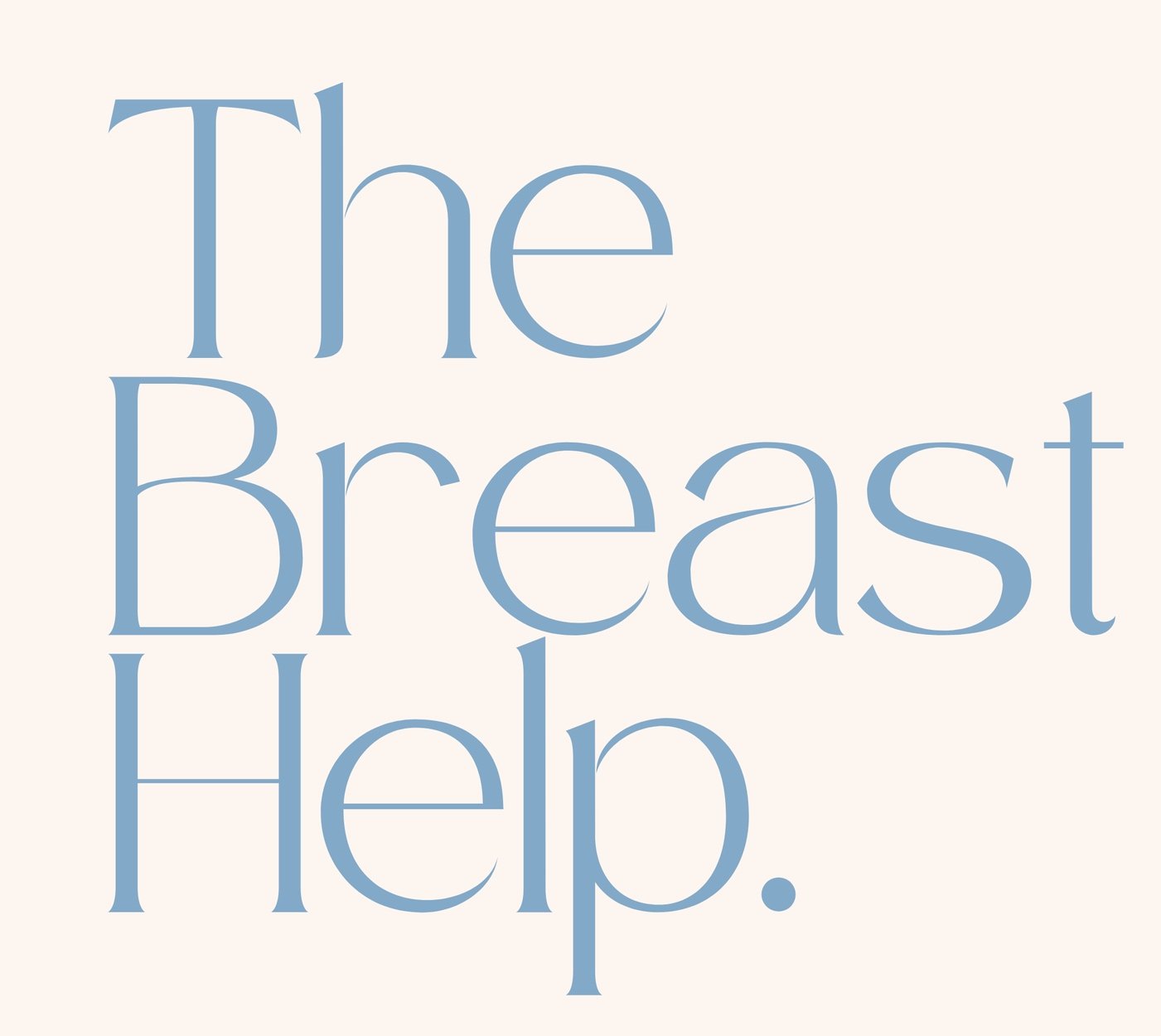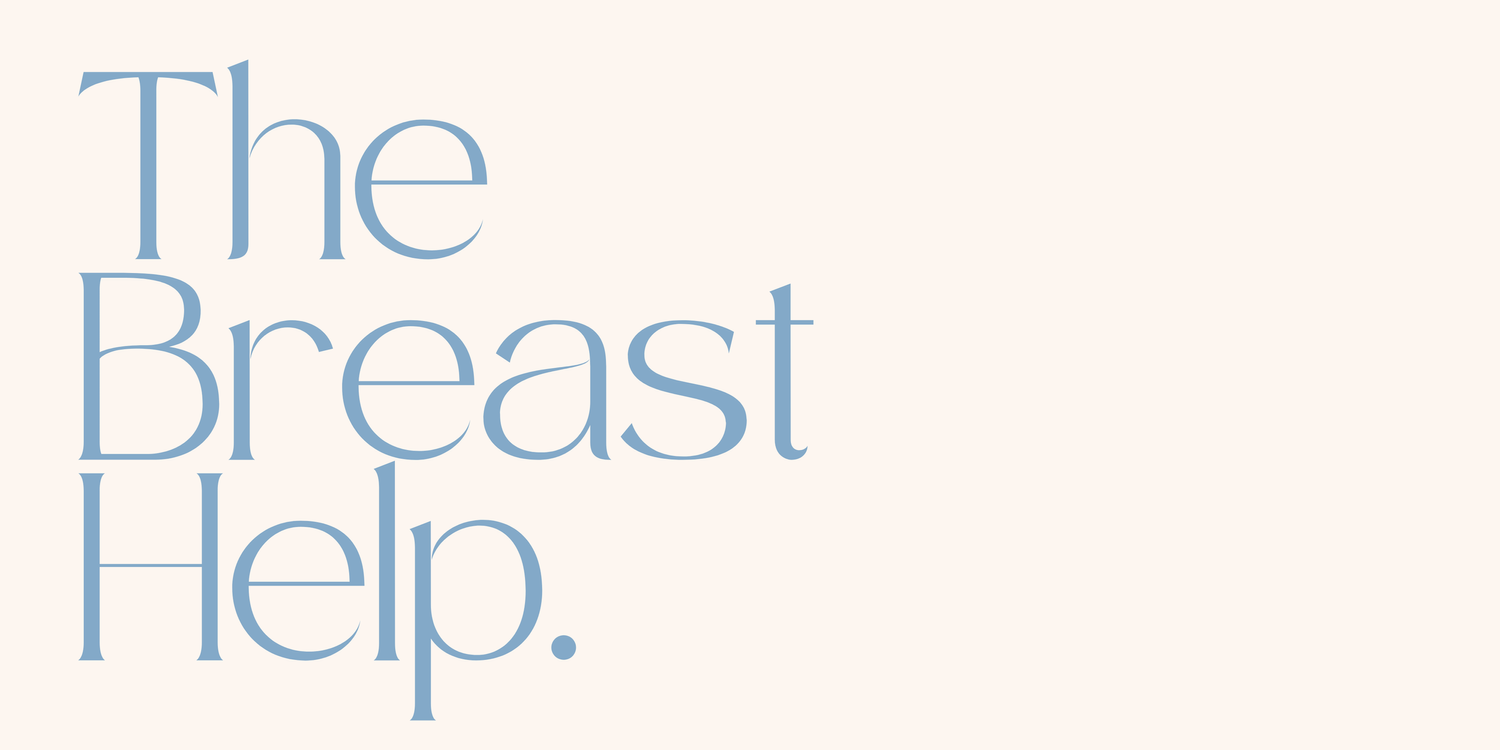What I wish I had known! - Setting up for healthy sleep rhythms
I had a rough start to parenting when it came to sleep. I had a low sleep needs baby, and didn’t know it. I listened to the mainstream sleep advice and tried my best to force sleep on my baby (which felt like the most part of the day) and be up all night! So here are the things I wish I had done when I had my first baby.
Learn about biologically normal infant sleep and gain some realistic expectations.
Ensure your partner/support person or people caring for your child understand the basics of biological sleep patterns in infants.
Aim to make sleep an enjoyable experience (for everyone!). By forcing sleep on a baby that’s doesn’t have sleep pressure high enough, sleep time (or even the sleep environment) can become a battleground. If we are truly responding to our baby’s sleep cues then sleep and naps should be relaxed, welcoming and a chance to connect while drifting off to sleep.
Begin your days consistently early with plenty of daytime sensory stimulation from the moment baby is up. Let’s send multiple signals to baby’s brain that the day has started and the circadian clock can turn on.
Day sleeps in daylight. Naps amongst daytime living - light room, variable noise, movement, bassinet in the living space. We don’t want baby’s day sleeps to be extended beyond their hormonal regulator needs. This can be a hard concept to grasp when previously you may have been told babies need X amount of daytime sleep but this is not evidence based and can create disruptions to baby’s sleep regulators and contribute to misaligned sleep rhythms down the track.
Welcome new sensory landscapes for baby every day. Get outside, change environment and show your baby this world. The more input we give, sleep pressure can rise in the background and day naps will be a welcome offering. I bet you’re thinking that your baby gets cranky when tired - but this concept does not apply to babies in their own home, the sensory offerings in a familiar space do not allow for sleep pressure to rise in the background, change of sensory landscape is the key to sleep pressure taking care of itself.
Early bedtimes are not for every baby. Consider getting baby down to sleep in the evening when they are most tired, sleep shouldn’t be a battle.
Remember that each baby is different! Sleep and the strategies you use are variable, the baby’s sleep needs and their temperament vary greatly. Baby’s that have higher sleep needs will respond to most methods to offer sleep, but for baby’s on the lower sleep need spectrum we have greater success for healthy sleep patterns when we respond to their individual cues and unlearn some of the sleep training strategies that are so ingrained into modern parenting, we have babies and families that enjoy their days and nights much more.
Harriet x


